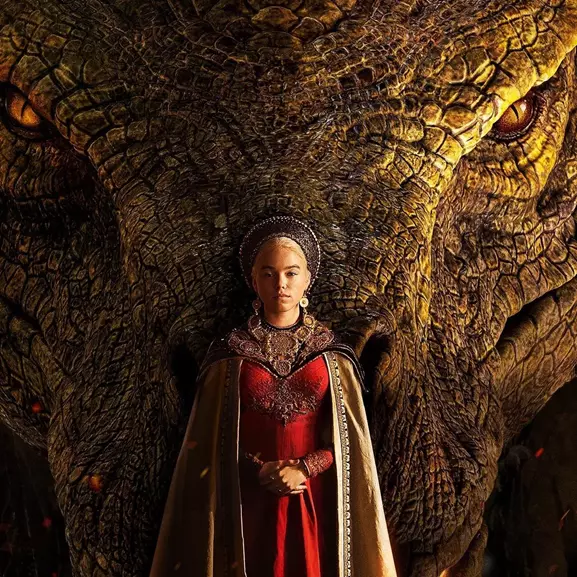Two of the most highly anticipated fantasy shows currently on air have been unintentionally — and unfairly — thrown into a battle of the best. With Rings of Power on Prime Video premiering a mere week and a half after the eagerly awaited Game of Thrones prequel, House of the Dragon on Crave, the two shows respectively drew in record breaking views. Though Rings of Power nearly tripled the global views of its competitor on premier night, receiving 25 million in comparison to 10 million views for House of the Dragon, the Tolkien adaptation has garnered an immense amount of criticism where George R.R. Martin’s creation has not.
From racism and revisionism to the disliking of the entire show, Rings of Power has been everywhere in the media. As a fellow Tolkien enthusiast, I can understand the apprehension of some fans when it comes to the tales premiering on screen, though I cannot say I have read all of the source material to compare it yet. However, the attacks on the revisionism of the original content have been garnered more towards the actors and subsequently their characters. The most common criticisms have been towards two of the main elves: Galadriel (Morfydd Clark) and Arondir (Ismael Cruz Córdova). When it comes to the powerful female commander, audiences are disillusioned that she would actually be as strong as she is portrayed. Perhaps this idea stemmed from her lack of action scenes in The Lord of the Rings movie trilogy, even though she held a powerful, God-like presence of undeniable strength in the films. Or perhaps these critics have not seen enough empowering women in film to understand that they can be as strong, if not stronger, than the men.
As for Arondir, the issue is deeper than his character, and that is the issue of race; which both shows attempt to tackle. Arondir is not the only person of colour in his show — far from it in fact — but because he is front and centre as a main character, all the hate has been directed towards him. In my opinion, Rings of Power incorporates racial diversity in a smoother, more intentional manner than seen in House of the Dragon where it comes across as tokenistic. In particular, there is a scene from the third episode where Velaryon and Targaryen troops are gathered. Within the sea of well-incorporated caucasian and Black extras the camera pans over the singular Asian character, delegated to a generic background role, standing amongst the soldiers. The scene felt like the producers were trying to say, “look guys, we did the thing.” The wider range and larger quantity of representation in Rings of Power makes it feel more natural, whereas, the one asian person in House of the Dragon (thus far) felt like an afterthought. Though they integrated the Velaryon diversity seamlessly into the show, it was the singular feeble attempt at a broader span of races that garnered my reaction.
As I wait eagerly with many others for a new episode every week from both shows, I cannot help but compare the two. Some prefer the lighter, more mystical aspects that Rings of Power grants, but the large majority I have spoken to prefer the gritty, more intimate vibes of House of the Dragon that so many have missed from Game of Thrones, myself included. In my opinion, had I not been viewing them at the same time, I would have adored both fantasies equally. Unfortunately, given the close air times and the similar fantastical elements, I have too often seen articles ogling House of the Dragon and slandering Rings of Power. I guess we have the finale of Game of Thrones to thank for that, with this predecessor acting as redemption. Though, whether you are a Targaryen or a Baggins, we can all agree on one thing for certain: fantasy shows are the best.


